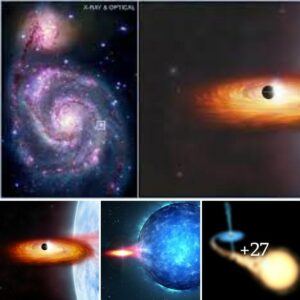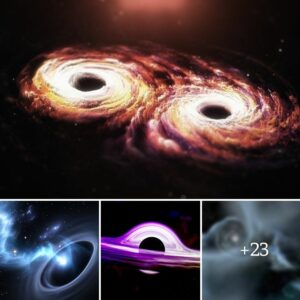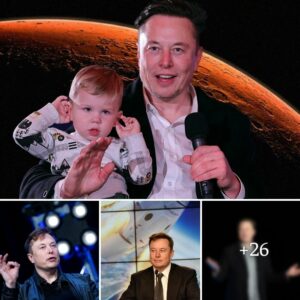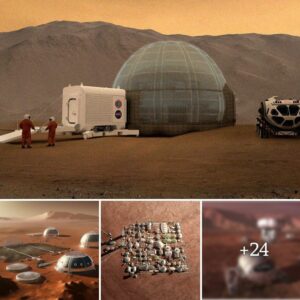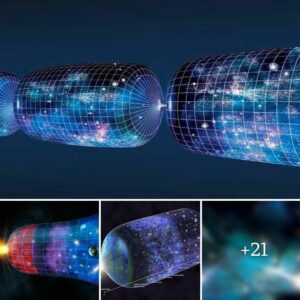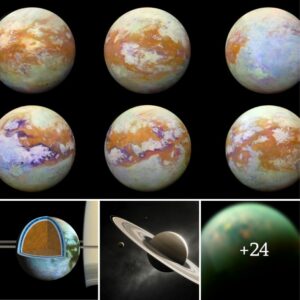Humankind is getting very good at looking deep into space: We have already seen two neutron stars colliding, we have encountered mysterious radio blasts and we are about to see, for the first time, the event horizon of a black hole.

But there are still some surprises out there, right here in our own corner of the Universe.
Upon retaking the observations of a nearby globular cluster, the Hubble Space Telescope accidentally captured an unpublished galaxy. The newly discovered galaxy was named Bedin I – and is almost as old as the Universe.

The mission was to search for the weaker stars in NGC 6752, a globular cluster 13,000 light-years away within the halo of the Milky Way. But in the distance – about 30 million light-years away “ahead“, about 2,300 times farther away than the star they were staring at – Bedin I was lurking.
Considering that our Local Group is about 10 million light years in diameter. If you think of it as a neighborhood, the distance of 30 million is like being in the same cosmic city.
Bedin I is tiny, isolated and old. It is only 3,000 light-years across, compared to the 100,000 light-years in the Milky Way, and is about 1,000 times weaker. It was classified as a dwarf spheroidal galaxy. Generally, spheroidal dwarf galaxies are companions of galaxies or larger systems, but not Bedin I. It is 2 million light-years from the nearest galaxy to be considered a “satellite galaxy.”
Based on the light it emits, scientists were able to determine that the galaxy is very low in metals. And since the heavier elements, such as metals, were created in stars and propagated by the Universe after their death, this indicates that Bedin I has a very old population of stars.
It has been estimated that the galaxy is 13 billion years old, newer than the universe in about 800 million years. The low metal content implies that Bedin I has not had any new star formation since. This means that it is a kind of cosmic “living fossil” or time capsule, preserving the conditions of the primordial Universe.
Reference(s): ScienceAlert
